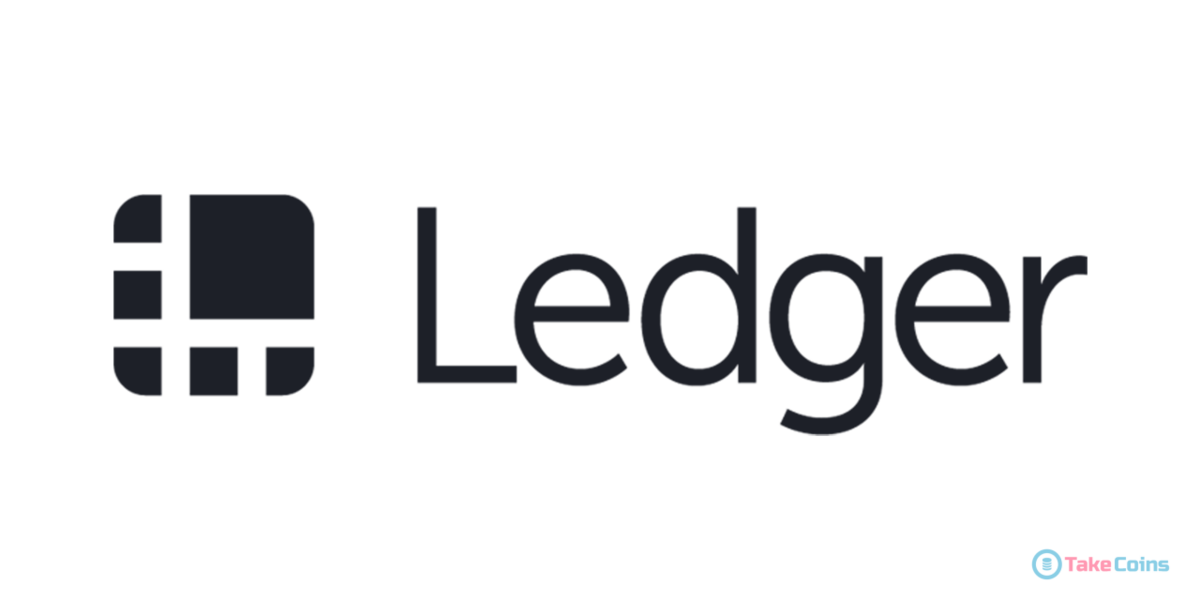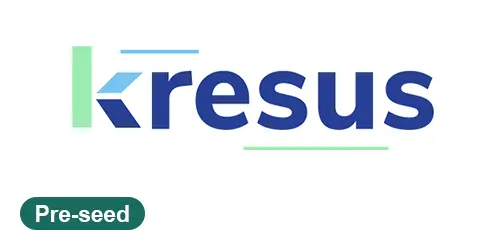HomeBank: Lightweight Tool for Tracking Income and Expenses
HomeBank is one of the most popular free tools for personal finance management. First released more than two decades ago, it has stayed relevant thanks to its lightweight design and clear focus on household budgeting. It doesn’t try to compete with corporate accounting suites; instead, it provides exactly what individuals and families usually need — expense tracking, budgeting, and reporting that makes sense at a glance.
How it works in practice
After installation, users create accounts — bank, card, or cash — and start logging transactions. Entries can be sorted into categories such as groceries, utilities, rent, or leisure. Budgets can be set per category, and reports quickly show whether spending stayed within limits. HomeBank also includes import filters, so statements from banks in formats like OFX or QIF can be brought in without manual typing.
Technical snapshot
| Aspect | Details |
| Platforms | Windows, Linux, macOS |
| License | GPL, open-source |
| Data storage | Local file (XML format) |
| Import options | QIF, OFX, CSV |
| Export options | CSV, HTML reports |
| Core strengths | Accounts, categories, budgets, reports, recurring entries |
| Multi-currency | Supported |
| Privacy | Works fully offline |
Getting started
On Linux, HomeBank is often available directly through package managers. Windows and macOS users can download installers from the project’s website. Setup is quick, and creating the first budget file takes only a few steps. Because all data is stored locally, backups are simply copies of the XML file.
Who uses it
– Families that want to follow day-to-day spending with minimal setup.
– Students who need a free, straightforward way to check how monthly income is distributed.
– Individuals who prefer importing statements from their bank instead of entering everything manually.
Why people stick with it
HomeBank’s biggest strength is its balance: simple enough for casual users but still detailed enough for serious tracking. The reports are clear, the import functions save time, and the fact that it runs on all major systems makes it accessible almost anywhere.
Bottom line
HomeBank remains one of the best open-source finance tools for personal use. It doesn’t overload with features but covers the essentials of budgeting and expense management in a way that is free, reliable, and easy to understand.







